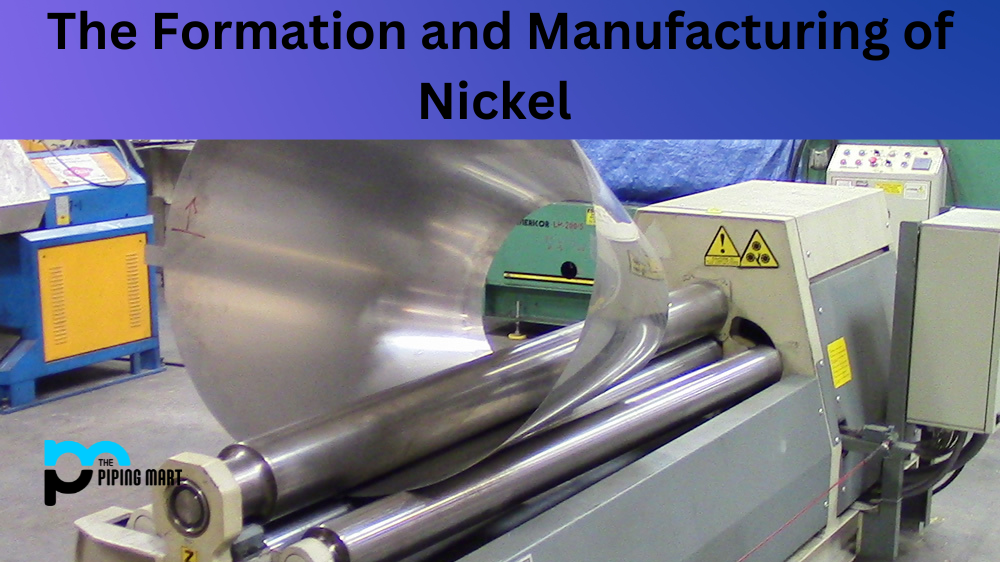For metal manufacturers, distinguishing between different types of alloys is essential. Many metal alloys are used for various purposes, but zinc and aluminium alloys are two of the most popular. In this blog post, we will explore the differences between them so that you can make an informed decision when considering which alloy to use for your project.
Difference Between Zinc and Aluminium Alloy
Zinc Alloy Properties & Uses
Zinc is a relatively soft metal often used in die-casting because it is malleable and has a low melting point. It also resists corrosion, making it suitable for outdoor products where rusting could be an issue. It can also be found in car parts, coins, toys, and many other everyday items due to its strength and durability. Zinc alloy can also be found in ammunition casings, locks, hinges, and other hardware components due to its resistance to corrosion and wear.
Aluminum Alloy Properties & Uses
Aluminium is a lightweight metal often chosen for its superior strength-to-weight ratio; it’s much lighter than steel or zinc but has similar levels of strength. It’s also highly resistant to corrosion due to its oxide layer, which forms on the surface when exposed to air or water – this layer prevents further oxidation from occurring. Aluminum alloy can be found in everything from aircraft and buildings to beverage cans and window frames due to its versatility, durability, and low cost. It’s even used in medical applications, such as artificial limbs or implants, due to its biocompatibility with human tissue.
Conclusion:
In conclusion, zinc and aluminium alloy have unique properties that make them useful for different applications. Zinc alloy is great for die-casting projects since it has a low melting point. In contrast, the aluminum alloy is ideal for lightweight components that require a superior strength-to-weight ratio without sacrificing durability or corrosion resistance. Ultimately, it comes down to your specific needs when choosing which alloy will work best for your project! By understanding the differences between these two materials, you’ll be able to make an informed decision about which will help you meet your goals most effectively!
Sakshee is a talented blogger, with a particular focus on the Business and Metal Industry. She is passionate about sharing her insights on various metal products and helping professionals to make a better decisions.




